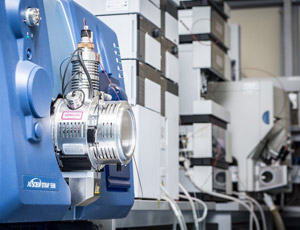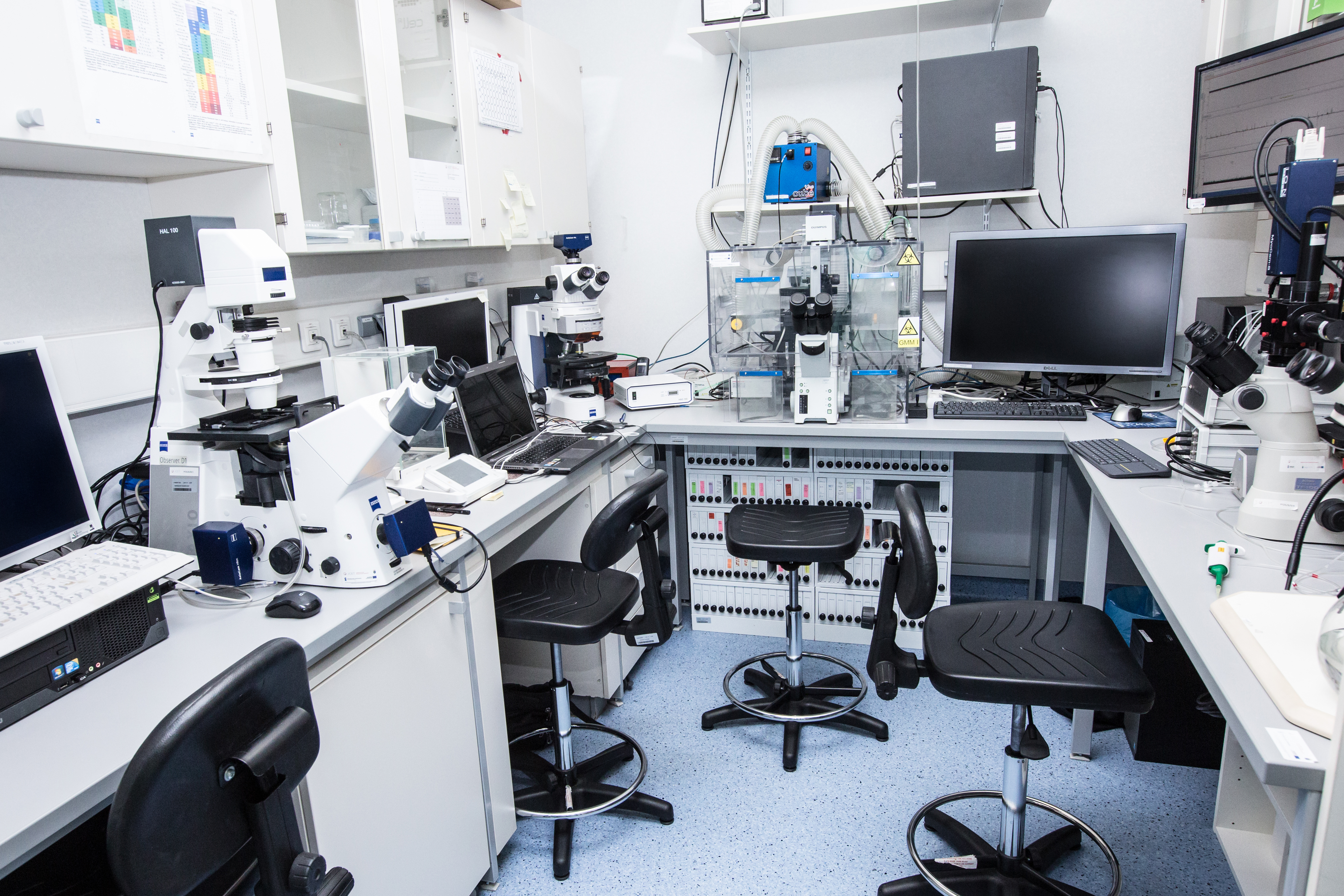Konwersatoria odbywają się o godz. 16:30 poprzez aplikację Webex (recording, privacy) i prowadzone są w języku angielskim.
Aby otrzymywać informacje o comiesięcznych konwersatoriach zarejestruj się pod linkiem.
Kontakt:
Maksymilian Szymczak
 Widok zawartości stron
Widok zawartości stron
Widok zawartości stron
Widok zawartości stron
 Widok zawartości stron
Widok zawartości stron
Widok zawartości stron
Widok zawartości stron
 Widok zawartości stron
Widok zawartości stron
Widok zawartości stron
Widok zawartości stron
Konwersatoria odbywają się o godz. 16:30 poprzez aplikację Webex (recording, privacy) i prowadzone są w języku angielskim.
Aby otrzymywać informacje o comiesięcznych konwersatoriach zarejestruj się pod linkiem.
Kontakt:
Maksymilian Szymczak
 Widok zawartości stron
Widok zawartości stron
Widok zawartości stron
Widok zawartości stron



